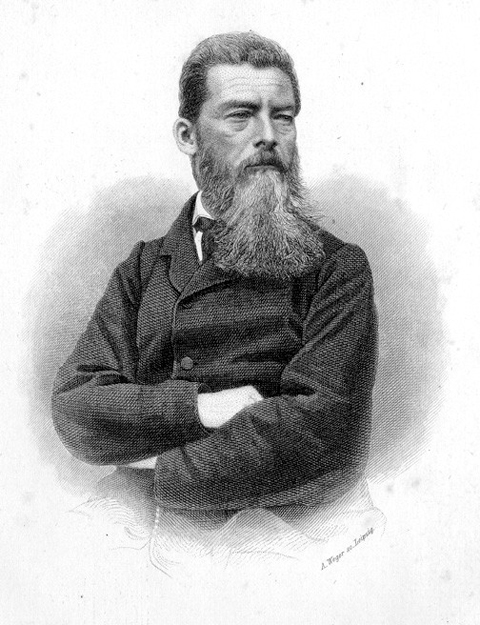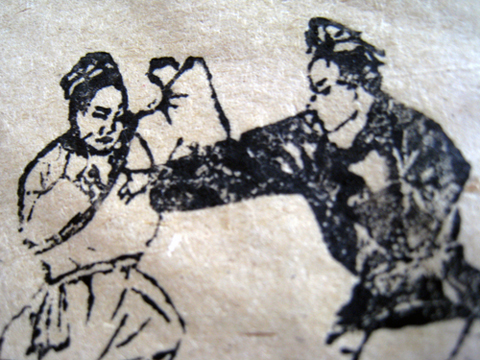The great source of both the misery and disorders of human life, seems to arise from over-rating the difference between one permanent situation and another. Avarice over-rates the difference between poverty and riches: ambition, that between a private and a public station: vain-glory, that between obscurity and extensive reputation. The person under the influence of any of those extravagant passions, is not only miserable in his actual situation, but is often disposed to disturb the peace of society, in order to arrive at that which he so foolishly admires. The slightest observation, however, might satisfy him, that, in all the ordinary situations of human life, a well-disposed mind may be equally calm, equally cheerful, and equally contented. Some of those situations may, no doubt, deserve to be preferred to others: but none of them can deserve to be pursued with that passionate ardour which drives us to violate the rules either of prudence or of justice; or to corrupt the future tranquillity of our minds, either by shame from the remembrance of our own folly, or by remorse from the horror of our own injustice. Wherever prudence does not direct, wherever justice does not permit, the attempt to change our situation, the man who does attempt it, plays at the most Unequal of all games of hazard, and stakes every thing against scarce any thing. What the favourite of the king of Epirus said to his master, may be applied to men in all the ordinary situations of human life. When the King had recounted to him, in their proper order, all the conquests which he proposed to make, and had come to the last of them; And what does your Majesty propose to do then? said the Favourite.—I propose then, said the King, to enjoy myself with my friends, and endeavour to be good company over a bottle.—And what hinders your Majesty from doing so now? replied the Favourite. In the most glittering and exalted situation that our idle fancy can hold out to us, the pleasures from which we propose to derive our real happiness, are almost always the same with those which, in our actual, though humble station, we have at all times at hand, and in our power. except the frivolous pleasures of vanity and superiority, we may find, in the most humble station, where there is only personal liberty, every other which the most exalted can afford; and the pleasures of vanity and superiority are seldom consistent with perfect tranquillity, the principle and foundation of all real and satisfactory enjoyment. Neither is it always certain that, in the splendid situation which we aim at, those real and satisfactory pleasures can be enjoyed with the same security as in the humble one which we are so very eager to abandon. examine the records of history, recollect what has happened within the circle of your own experience, consider with attention what has been the conduct of almost all the greatly unfortunate, either in private or public life, whom you may have either read of, or heard of, or remember; and you will find that the misfortunes of by far the greater part of them have arisen from their not knowing when they were well, when it was proper for them to sit still and to be contented. The inscription upon the tomb-stone of the man who had endeavoured to mend a tolerable constitution by taking physic, “I was well, I wished to be better; here I am” may generally be applied with great justness to the distress of disappointed avarice and ambition.

